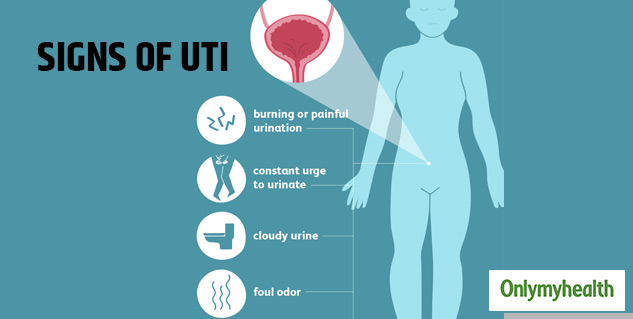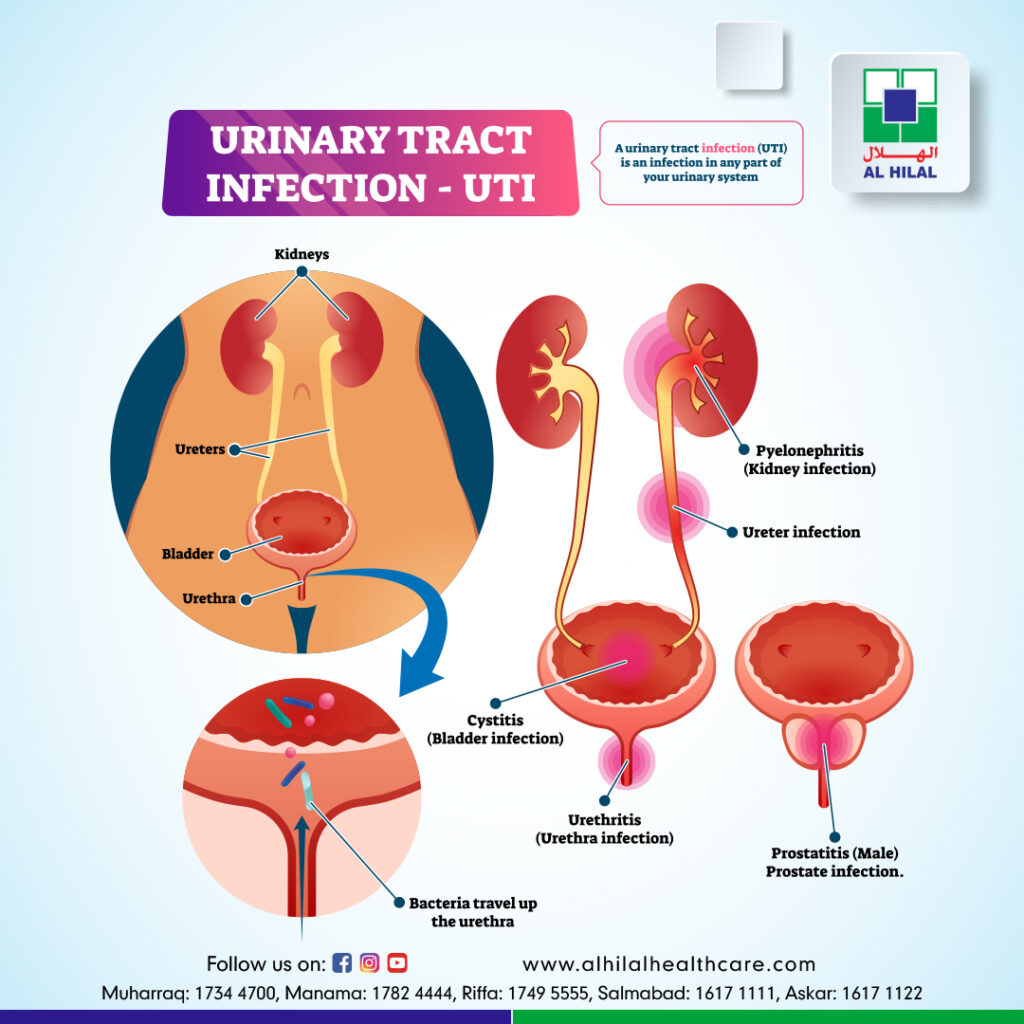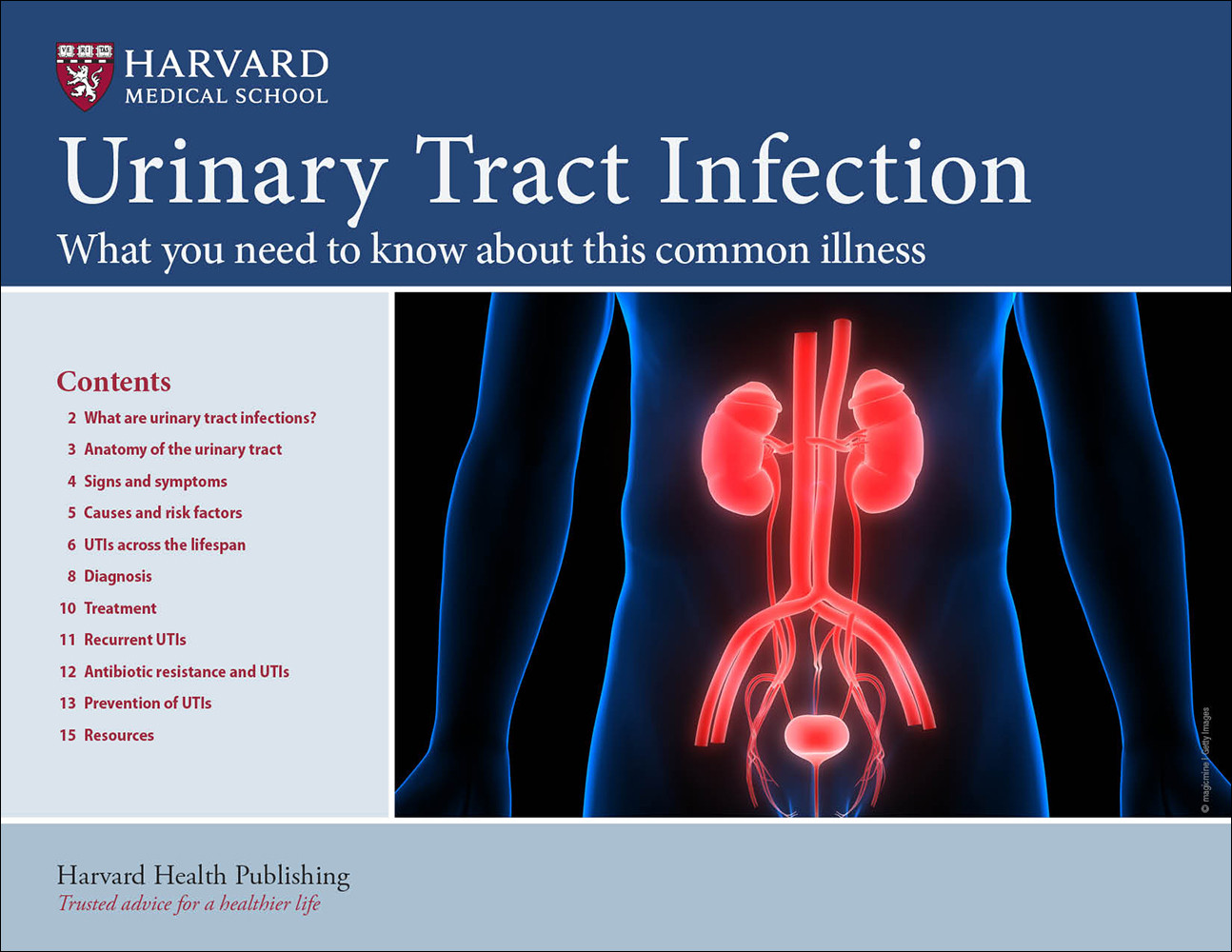UTI Won't Go Away After Two Rounds Of Antibiotics - What's Next?
Feeling that persistent discomfort, the kind that just won't quit, especially after you've already taken medicine for it? You are not alone, as a matter of fact. Many people experience that really frustrating situation where a urinary tract infection, or UTI, seems to linger, even after they've finished a couple of courses of antibiotics. It can feel quite worrying, can't it? That feeling of a burning sensation when you try to pee, or that constant urge to go, just sticking around. This kind of ongoing issue, where a UTI won't go away after two rounds of antibiotics, truly makes you wonder what else could be going on.
It's a common health problem, affecting millions of individuals each year, and so it can be quite a shock when the usual treatment doesn't seem to work. You might have been told that most of these infections affect the lower parts of your urinary system, places like the bladder or the tube that carries pee out of your body, which is called the urethra. And, well, you know, women tend to face these troubles more often than men do. When a mild infection starts, sometimes it might clear up on its own, but usually, a visit to a healthcare provider and some antibiotics are what you need to feel better.
But what if you've done all that, perhaps even twice, and that bothersome feeling, that very familiar discomfort, just hasn't packed its bags? That's when things can get a bit more puzzling, a little bit concerning, and you start looking for answers. You might be asking yourself, "What now?" when your UTI won't go away after two rounds of antibiotics. This article aims to shed some light on what might be happening and what steps you can take next, offering some peace of mind and direction during a rather tricky time.
- University Of Arizona Global Campus Accreditation
- What Is Prestonplayzs Phone Number
- Little Tokyolv
- Pharrell Williams Triplets Names And Gender
- T%C3%BCrk Ifsa Soywe
Table of Contents
- What's Happening When Your UTI Won't Go Away After Two Rounds of Antibiotics?
- How Do We Usually Spot a UTI?
- Why Do Some UTIs Stick Around, Even After Two Rounds of Antibiotics?
- Are Women More Likely to Deal with a UTI That Won't Go Away?
- What Happens When a UTI Won't Go Away After Two Rounds of Antibiotics?
- What Kinds of Tests Help When a UTI Won't Go Away?
- What Should You Do if Your UTI Won't Go Away After Two Rounds of Antibiotics?
- Understanding Your Body's Response When a UTI Won't Go Away
What's Happening When Your UTI Won't Go Away After Two Rounds of Antibiotics?
When you've finished a course of medicine, maybe even two, and that feeling of a urinary tract infection is still very much present, it can be pretty confusing, can't it? You might be wondering if it was even a UTI to begin with, or if something else is going on. Generally, these infections are a type of problem that affects the body's plumbing system, the urinary tract, which includes the kidneys, the tubes connecting the kidneys to the bladder (ureters), the bladder itself, and the urethra. So, you know, it's a whole system. When an infection is only in the bladder, it can cause a lot of discomfort, a sort of painful sensation that just doesn't let up. It’s a common occurrence, actually, for people of any age or sex to get these infections, though some groups are more prone to them than others. This persistence, when a UTI won't go away after two rounds of antibiotics, is what we're looking at more closely.
The urinary tract is a pathway for your body to get rid of waste. It’s made up of several parts, each with a specific job. The kidneys filter your blood, taking out things your body doesn't need, which then become pee. This pee travels down tubes called ureters to your bladder, where it collects. When you're ready to go, the pee leaves your body through a tube called the urethra. So, when we talk about a urinary tract infection, we're talking about germs getting into any of these parts. Most often, though, these infections settle in the lower parts, which are your bladder and your urethra. That's why you often feel the problems when you try to pee. When a UTI won't go away after two rounds of antibiotics, it means these germs are still causing trouble in one or more of these areas, and that can be quite a concern.
It's worth noting that while UTIs are very common, they can sometimes be a bit tricky. The fact that you've already had two goes at treatment and are still experiencing symptoms, well, it suggests that the usual approach might not be hitting the mark. This could be for a few reasons, which we'll get into. But for now, just know that your experience of a UTI that won't go away after two rounds of antibiotics is a signal that a different kind of investigation, or perhaps a different kind of treatment, is needed. It’s not about doing something wrong; it’s about the infection itself being a bit stubborn or different from the typical kind.
- How Tall Is Renee Rapp
- Mike Antiques
- Navy Seal Mike Ritland Wife
- Destiny 2 Checkpoint Bot Console
- Drakes Parents
How Do We Usually Spot a UTI?
Most of the time, people notice a UTI because of certain feelings or changes when they go to the bathroom. You might experience a burning feeling when you urinate, or perhaps you feel like you constantly need to pee, even if not much comes out. There could also be pain or discomfort in your lower belly area, just above your pubic bone. These are some of the very common signs that something might be amiss with your urinary system. Sometimes, too, your pee might look cloudy or have a strong smell, or you might even see a bit of blood in it. These feelings can be quite bothersome and make daily life a bit difficult, can't they? They are usually the first hints that something is not quite right in your urinary tract. When a UTI won't go away after two rounds of antibiotics, these very same feelings are what tell you the problem is still there, nagging at you.
When you visit a healthcare provider, they'll often ask about these specific feelings. They want to hear exactly what you're experiencing, how long it's been going on, and what makes it feel better or worse. This helps them get a good picture of what might be happening. To figure out what's really happening, they typically ask for a sample of your pee. This is a very simple step, but it's incredibly helpful. The idea is to get a clean sample so that the lab can get an accurate look at what's going on inside your body. You'll usually be given a small cup and instructions on how to collect the pee so it doesn't get contaminated. This initial check is a basic but important part of understanding your situation, especially when a UTI won't go away after two rounds of antibiotics and you're still feeling unwell.
This pee sample then goes to a lab, where people look at it very closely under a microscope to check for any signs of an infection. They are looking for things like white blood cells, which are your body's way of fighting off invaders, and also for bacteria, which are the tiny germs that cause most UTIs. They can also check for other things that might point to an infection. This step is pretty important for confirming that what you're feeling is, in fact, a urinary tract infection. It helps your healthcare provider make a good guess about what medicine might help. However, when a UTI won't go away after two rounds of antibiotics, this basic lab check might not be enough, and they'll need to do a more detailed test, which we'll discuss a little later.
Why Do Some UTIs Stick Around, Even After Two Rounds of Antibiotics?
It's a fair question, isn't it, why some of these infections just don't seem to get the memo to leave? Urinary tract infections are, in fact, one of the most common types of body infections, second only to colds or flu. While it's true that some very mild ones might clear up on their own, usually, you need specific medicines, like antibiotics, to get rid of them completely. So, when your UTI won't go away after two rounds of antibiotics, it means we need to think about a few possibilities. Perhaps the type of germ causing the problem isn't sensitive to the medicine you were given. This is a big one, actually. Just like some weeds are tough against certain sprays, some germs are tough against certain antibiotics. They've learned to resist the medicine,
- Twitter Adriana Chechik
- Colton Survivor
- Jack Leius Family
- Rent Vs Buy Nytimes
- Floating Face Sharkboy And Lavagirl

What Is Urinary Tract Infection (UTI)? Here Are Its Causes, Symptoms

Urinary Tract Infection (UTI)

Urinary Tract Infection: What you need to know about this common